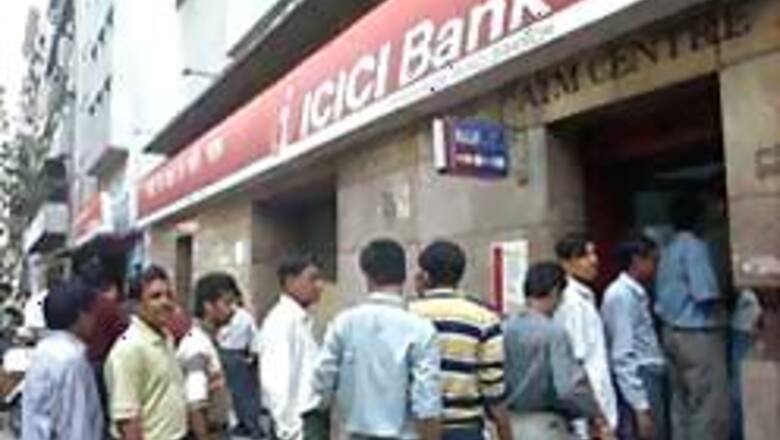
views
Mumbai: Private sector banking powerhouse ICICI Bank on Thursday said it would wait for the government to remove the cloud of uncertainty surrounding Special Economic Zones (SEZs) before deciding on lending to such projects.
The bank will wait "for the present uncertainty to settle down and for greater clarity to emerge," its CEO and Managing Director K V Kamath told reporters on the sidelines of the FICCI-IBA global banking conference.
His comments come in the wake of the wrangle within the government on whether proliferation of SEZs were a boon or a bane.
Compounding the confusion, the Reserve Bank of India had last week directed banks to treat loans to such zones on par with lending to real estate sector -- a decision aimed at limiting the exposure of commercial banks to SEZs.
The decision prompted Commerce Minister Kamal Nath to criticise the central bank for what he said was an "inconsistent approach" toward SEZs.
He had pointed out that RBI had in its annual report applauded the SEZ scheme for accelerating economic development.
"The RBI in its report had itself termed SEZs as engine of growth...," said Nath, whose Ministry is of the view that such zones would stimulate investments and earn Rs 44,000 crore in revenues for the government in a year.
But Finance Ministry estimates suggest that SEZs could lead to a revenue loss of Rs 1,75,000 crore in direct taxes, customs and excise duties over the next five years.
The IMF too had cautioned India to have a second look at the SEZ policy, saying it could lead to uneven development.
On raising funds, Kamath said that there was no urgency for the bank to raise money, "but we would raise up to whatever is the permissible limit".
He said that the bank was open to inorganic growth but will wait for the appropriate opportunity, as there were presently enough organic growth engines such as consumer credit, international business and rural business.
"We are already present in 14 countries and we see the rural business as a huge opportunity. It is a big area which we call banking the unbanked," he said.
Kamath said consumer credit which had achieved compounded growth rates of 40-45 per cent in the last four to five years may see a decline this year to about 35 per cent.
Tightening of interest rates may be a cause for this, he said, adding that 35 per cent on a Rs 200,000 crore base is still huge, he said.
Deposit growth in H1 has been robust and deposit mobilisation was not a concern, he maintained and said that there was no strain on liquidity either.


















Comments
0 comment